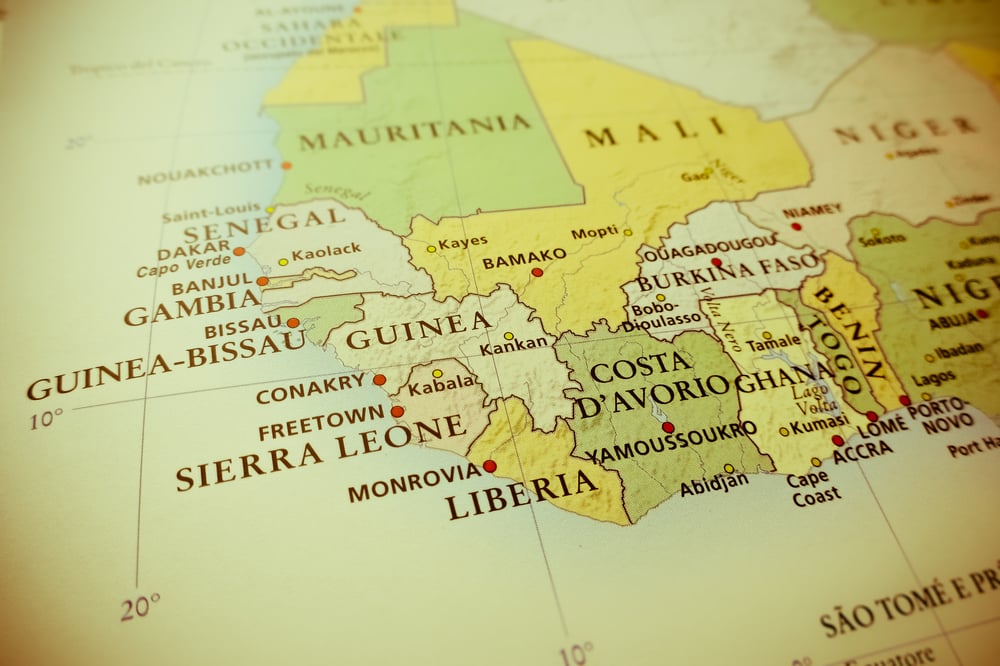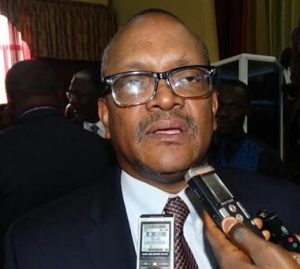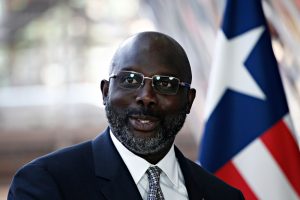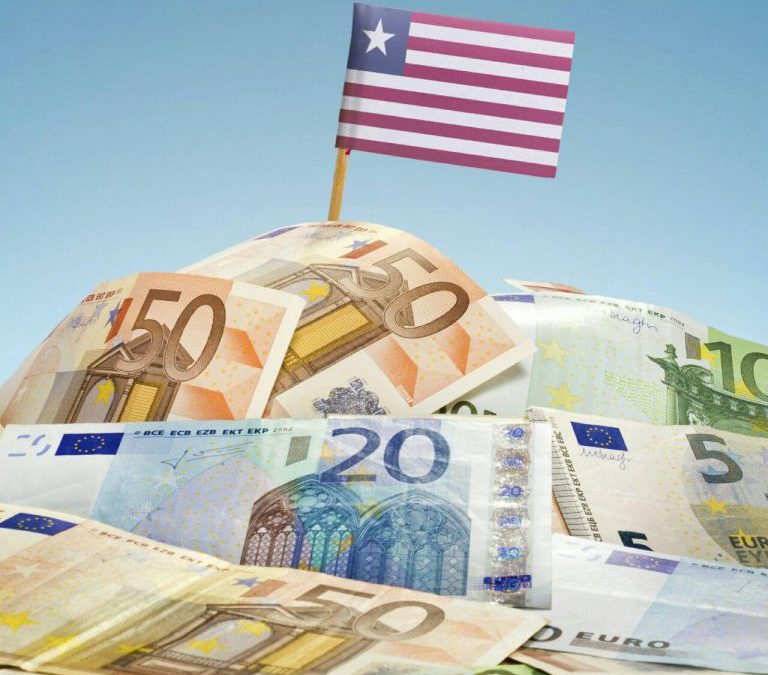More than a dozen government officials, including former central bank governor and his deputy, have come under investigation in Liberia after $104 million of newly printed banknotes vanished from the state purse. Liberia has issued a travel ban to Milton Weeks, the ex-Central Bank of Liberia chief, his deputy Charles Sirleaf, son of former president Ellen Jonhson Sirleaf, and several others pending the investigation.
Also read: Brazil’s Biggest Banks Under Investigation For Monopoly In Cryptocurrency Trade
Liberia Enlists FBI, IMF To Help Recover Missing Funds
The Liberian government has enlisted the United States of America and the International Monetary Fund (IMF) to assist in the investigation of L$16 billion (roughly US$104 million), which disappeared from state coffers.

This comes as the West African country on Wednesday barred at least 15 people, including former central bank governor Milton Weeks and Charles Sirleaf, son of the former president, from leaving the country pending the investigation.
According to the Liberian Observer, President George Weah’s administration approached the U.S. Federal Bureau of Investigations (FBI), Treasury Department and the IMF seeking assistance in the ongoing probe, to “adequately account for all flaws of monies printed and brought into the country between 2016 and 2018.”
Liberia’s Justice Ministry indicated that the investigation is critical to the formulation and implementation of a credible and robust monetary and macroeconomic policy in the years ahead.
The missing cash – the equivalent of nearly 5% of Liberia’s Gross Domestic Product – was ordered by the Central Bank of Liberia from printers in Sweden, China, and Lebanon but is yet to be traced after a series of shipments.
Liberia does do its own mint.
Records show that the money went missing between November 2017, toward the end of former president Ellen Johnson-Sirleaf second term in office, and August this year.
‘We Know Nothing About Missing Money’
Milton Weeks, who claims ignorance over the missing millions, says that he’s fully co-operating with police investigations.

“I have been invited to come and assist with the investigation and I’m doing that, I myself want us to get to the bottom of this to understand where the allegation is coming from,” he is quoted as saying.
Ex-president Johnson-Sirleaf said the investigation was baseless, designed to soil her reputation and those with whom she served.
“It is most unfortunate that the government of Liberia would give false information that wickedly impugns the reputation of past officials and by extension the country itself,” she told African news site FPA.
The Information Ministry on Thursday insisted that newly minted Liberian banknotes entered the country through the Roberts International Airport and the Freeport of Monrovia, from where they vanished.

The Ministry says President Weah was “never in the know of the money being brought into the country, something (which) is very strange.
Liberian officials have a history of stealing public funds. Charles Taylor, the jailed former dictator who was forced out of office in 2003, is believed to have stolen or diverted nearly $100 million of his country’s wealth, leaving it the poorest nation on earth, according to a close review of government records by United Nations team of experts.
A 2013 report in the New York Times revealed how Taylor stole government money to buy houses, cars, and sexual partners.
Do you think cryptocurrencies can help to prevent theft of public funds in Africa? Let us know what you think in the comments section below.
Images courtesy of Shutterstock
The Bitcoin universe is vast. So is Bitcoin.com. Check our Wiki, where you can learn everything you were afraid to ask. Or read our news coverage to stay up to date on the latest. Or delve into statistics on our helpful tools page.
The post Ex-Liberia Central Bank Chief Under Probe for Missing $104M, State Seeks FBI Help appeared first on Bitcoin News.














